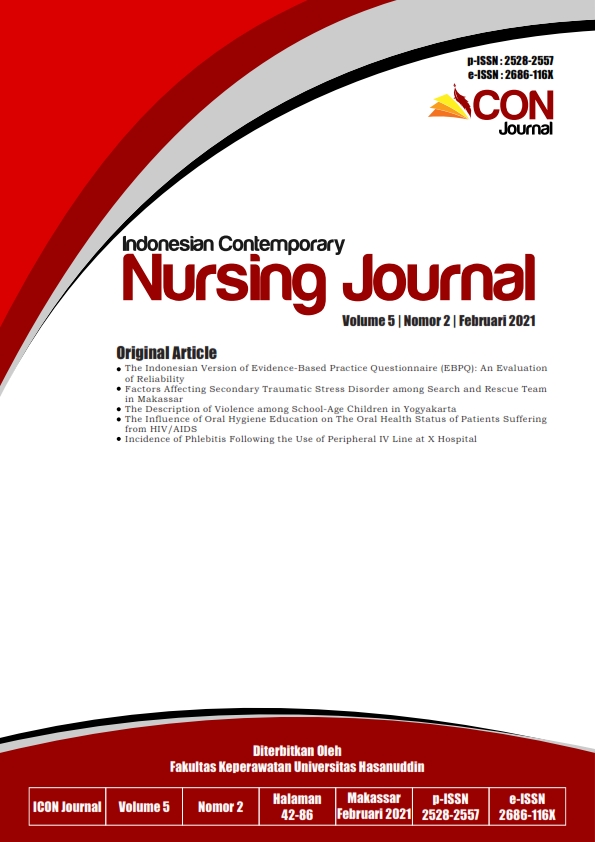Overview of Religious Activities of Students in Makassar in the Third Year of Covid-19
Keywords:
religious activities, studentsAbstract
Aims: This study aims to describe the religious activities of students at a public institution in MakassarMethods: This descriptive survey was conducted on students who are actively registered and willing to be respondents with a total sampling period of 30 days (26 September - 28 October 2022) (n = 1,207). Informed consent was given by the team both offline and online. The religious activity questionnaire was given in the form of an online form while still adhering to the ethical principles of research.Results: The results showed that the religious activities of Muslim students for 7 religious activities including prayer, fasting, reading the Qur'an, Islamic interpersonal relationships (dominantly practice good morals (59.6% - 93.4%), alms (more than a half sometimes (60.6%)), learn Islam (never = 49.9%), and remembrance and prayer activities (most widely sometimes (35.8%-48.6%). For Christian religious activities with 3 domains, worship activities (spiritual discipline) (91.2% follow Sunday worship and 90.4% private prayer with main prayer, religious attitude (more than 80% always do religious attitude) and relationships with others.Conclusion: Students' religious activities need to be improved for wellness and happiness because many still have not actively implemented their religious teaching. Therefore, it is required to make an effort to increase religious activities as part of spiritual coping to leverage the mental health welfare of students.Downloads
Download data is not yet available.
Dimensions
Published
2023-02-28
How to Cite
Hapsah, H., Sabriyati, W. O. N. I., Rustam, A. T., Mikan, A. D., Fitriani, N., Saleh, A., & Hamisah, H. (2023). Overview of Religious Activities of Students in Makassar in the Third Year of Covid-19 . Indonesian Contemporary Nursing Journal (ICON Journal), 7(2), 79-86. https://doi.org/10.20956/icon.v7i2.24134
Issue
Section
ARTICLES
Copyright & Licensing
Authors who publish with this journal agree to the following terms:
Authors retain copyright and grant the journal right of first publication with the work simultaneously licensed under a Creative Commons Attribution License that allows others to share the work with an acknowledgement of the work's authorship and initial publication in this journal.
Authors are able to enter into separate, additional contractual arrangements for the non-exclusive distribution of the journal's published version of the work (e.g., post it to an institutional repository or publish it in a book), with an acknowledgement of its initial publication in this journal.
Authors are permitted and encouraged to post their work online (e.g., in institutional repositories or on their website) prior to and during the submission process, as it can lead to productive exchanges, as well as earlier and greater citation of published work (See The Effect of Open Access).
Authors retain copyright and grant the journal right of first publication with the work simultaneously licensed under a Creative Commons Attribution License that allows others to share the work with an acknowledgement of the work's authorship and initial publication in this journal.
Authors are able to enter into separate, additional contractual arrangements for the non-exclusive distribution of the journal's published version of the work (e.g., post it to an institutional repository or publish it in a book), with an acknowledgement of its initial publication in this journal.
Authors are permitted and encouraged to post their work online (e.g., in institutional repositories or on their website) prior to and during the submission process, as it can lead to productive exchanges, as well as earlier and greater citation of published work (See The Effect of Open Access).

